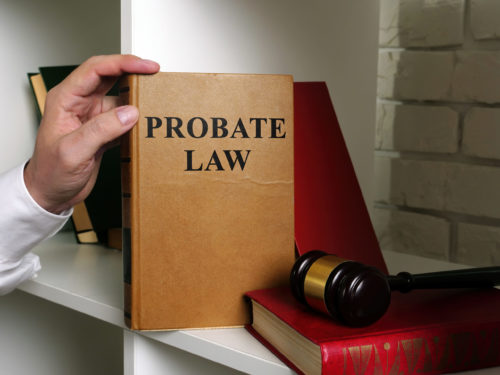In the “Avoiding Probate” series, we took a look at the many ways a person can avoid the probate process altogether if he or she so chooses. For your convenience, we’ve linked those articles for you. You can find part 1, part 2, and part 3.
In this article, we’ll take a closer look at one of those ways: Pay-On-Death Accounts and Retirement Accounts.
Pay-On-Death Accounts
These types of accounts are one of the easiest ways to keep even large sums of money out of probate. All you need is to fill out a simple form, which your bank can provide, and name the person you want to inherit the money you have in the account at the time of your death.
It should be noted that, for as long as you are alive, the person you name to inherit the money in such an account has no rights to it. You have full control, and can spend the money, name someone different, or even close the account entirely.
Upon your death, the beneficiary needs only to go to the bank, show the proof of your death, as well as his or her identity, and finally collects whatever funds remain in the account. As such, the probate court is not involved at all.
Also, if you and your spouse share a joint account, when the first spouse dies, the funds most likely will transfer to the survivor, without having to involve the probate court. If, however, you decide to add in a POD designation, it will only take effect upon the death of the second spouse.
Retirement Accounts
Upon opening a retirement account, like an IRA or 401(k), the required forms will ask you to provide a beneficiary for the account. At the time of your death, any funds that remain in the account do not have to go through the probate process; any beneficiary you name can then claim the money directly from the account custodian. Any surviving spouse also has more options to consider when withdrawing the money than other beneficiaries.
For example, if you are single, you have the right to choose whomever you’d like to designate as a beneficiary. If you are married, however, the spouse can inherit some (and in some cases all) of the money.
Call our New Jersey Probate Lawyers for Help
So there you have it, a closer look into POD accounts and retirement accounts, and the options you have when considering whether or not to avoid the probate process entirely. The New Jersey Probate Attorneys at Scott Counsel have a long-standing history of guiding his clients through the probate process. If you have any questions, contact us online or by phone.


